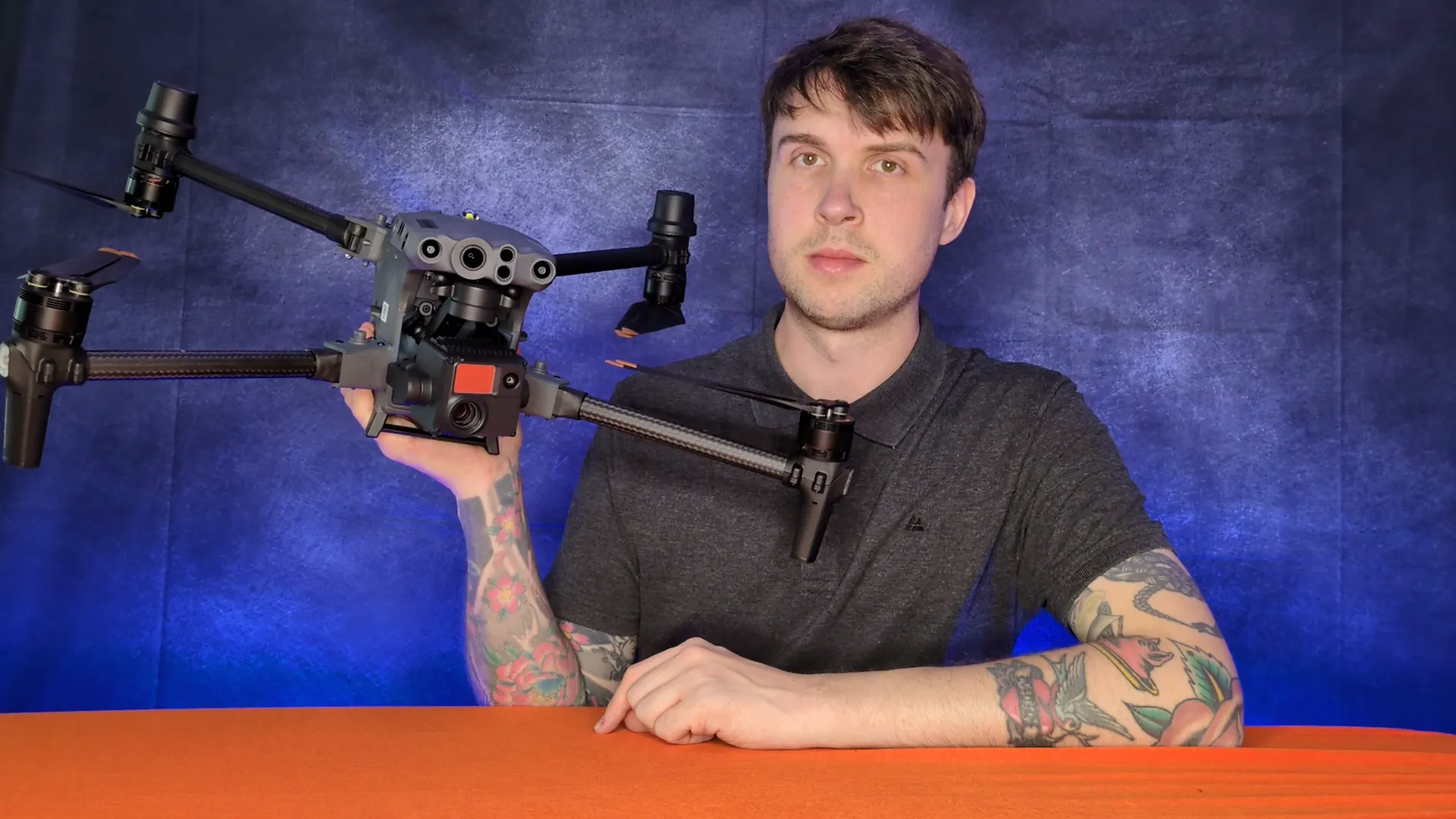
If you're looking to advance your drone piloting career in the UK, the RPC-L2 is your next logical step. This intermediate qualification unlocks Beyond Visual Line of Sight (BVLOS) operations, granting you significant new operational privileges.
It's a major step up from the basic licence, but securing this certificate involves a set of stringent requirements you'll need to meet before you can even begin the training process.

30 Second Summary
- The RPC-L2 is the UK's intermediate drone pilot license for Beyond Visual Line of Sight (BVLOS) operations in controlled environments.
- To qualify, a pilot must be at least 18, hold an RPC-L1, and have 50 logged flight hours.
- It authorizes BVLOS flights within low-risk, segregated airspace, known as Air Risk Class A (ARC-a).
- Obtaining the certificate involves a theory exam, flight instruction, and a practical skills test with two BVLOS flights.
- The license is valid for three years and requires two hours of flight time every 90 days to remain current.
What is RPC-L2: Intermediate Competence Drone Licence
The next step in your drone pilot journey, the RPC-L2 (Remote Pilot Certificate Level 2) is the UK's intermediate qualification. It's your gateway to more advanced drone operations.
You'll move beyond the basics and start exploring Beyond Visual Line of Sight (BVLOS) flights.
With the RPC-L2, you gain the competence to fly your drone where you can't directly see it, but only under specific, controlled conditions. These operations are restricted to low-risk, segregated airspace environments to ensure safety.
This qualification represents the second tier in the UK's four-level Remote Pilot Certificate progression system. This entire framework is governed by the UK SORA (Specific Operations Risk Assessment), which standardizes how you assess and manage operational risks. Earning your RPC-L2 shows you're developing the necessary skills for more complex, professional drone missions, stepping up from foundational piloting to intermediate competence and capability.
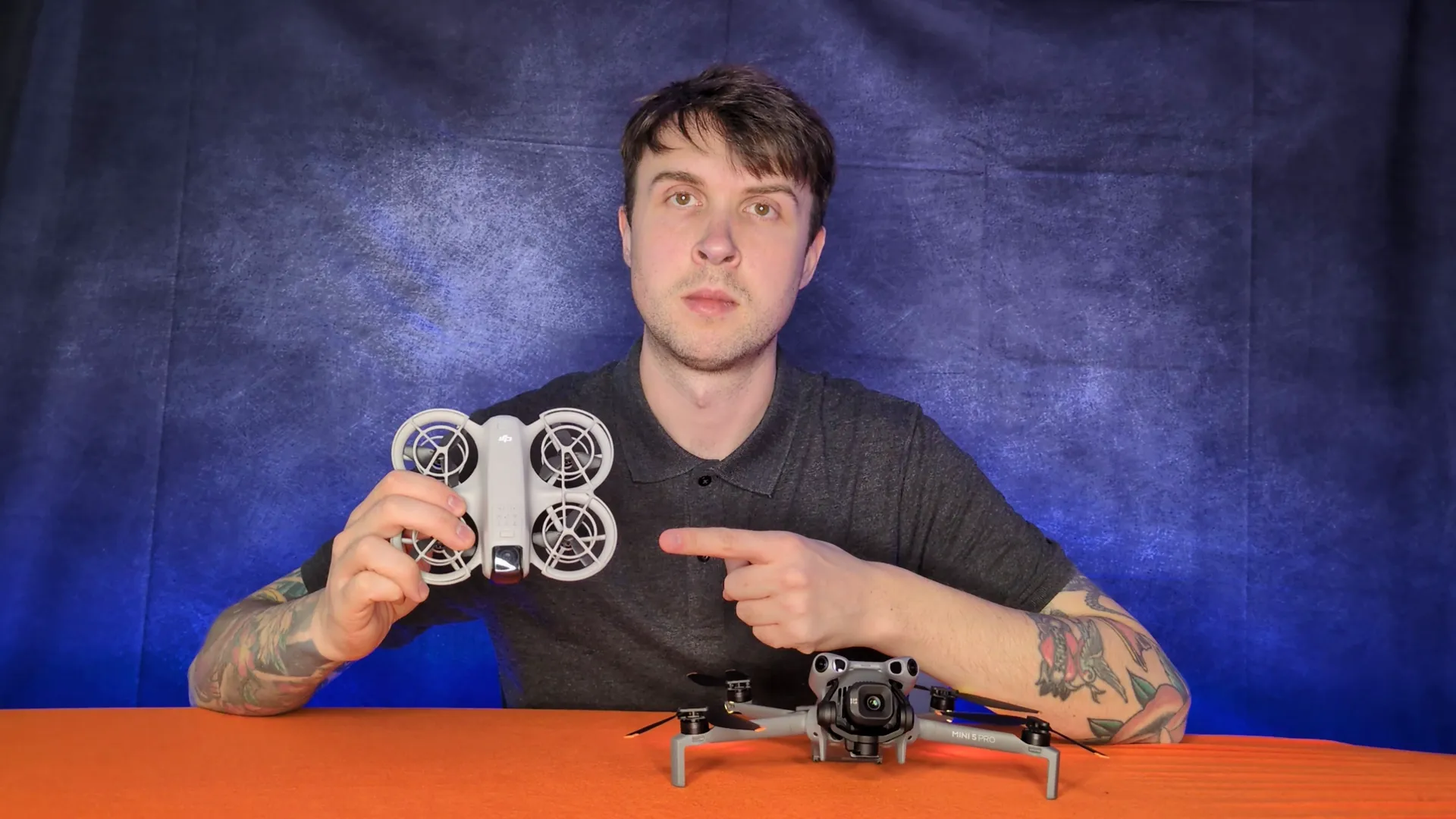
How To Qualify For RPC-L2: Intermediate Competence
Before you can enroll in RPC-L2 training, you'll need to meet several prerequisites. First and foremost, you must be at least 18 years old to be considered for this advanced certification.
You'll also need a solid foundation in drone operation. This means you must already hold a valid RPC-L1 certificate. It's crucial that this existing certificate matches the drone category you're pursuing for your RPC-L2, either rotorcraft or aeroplane.
Finally, demonstrating significant hands-on experience is a key requirement. You're required to have logged a minimum of 50 flight hours in the Specific Category. These hours must be completed on the same drone type that you intend to use for your RPC-L2 assessment. Fulfilling these criteria confirms you have the foundational knowledge and practical skill necessary to begin your intermediate competence training.
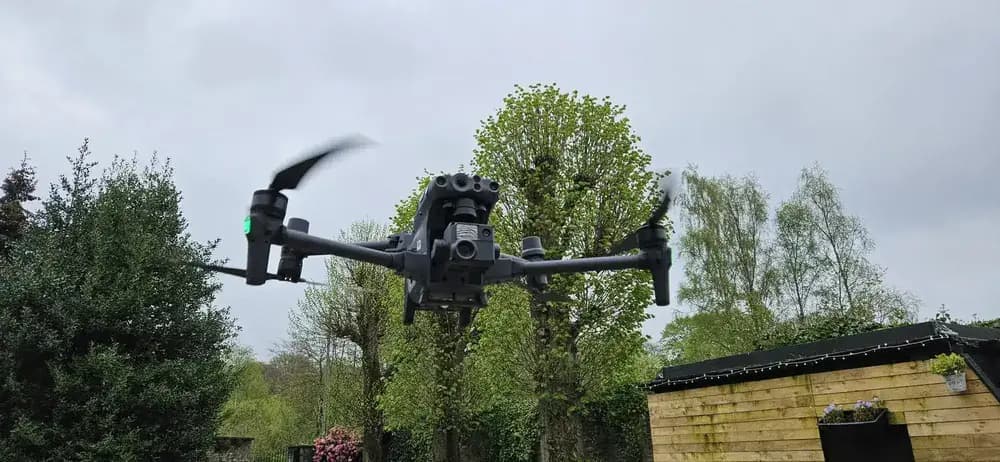
Operational Privileges Of The RPC-L2: Intermediate Competence
Earning your RPC-L2 certificate unlocks advanced operational capabilities, primarily the authorization to conduct Beyond Visual Line of Sight (BVLOS) flights. This doesn’t mean you can fly anywhere you’d like. Your BVLOS privileges are specifically for operations within Air Risk Class A (ARC-a) environments.
These are low-risk, segregated airspace zones where you're essentially the only one flying. Imagine Atypical Air Environments (AAEs) where no other manned or unmanned traffic is operating.
You'll typically conduct these flights within restricted airspace secured by a Notice to Airmen (NOTAM). This official notice is crucial because it ensures the risk of a collision with manned drones is acceptably low. Because of this segregation, you don't have to use extra tactical mitigation measures.
Your RPC-L2 certification ultimately proves you possess the competence to safely manage these complex, controlled BVLOS operations, pushing the boundaries of what’s possible.
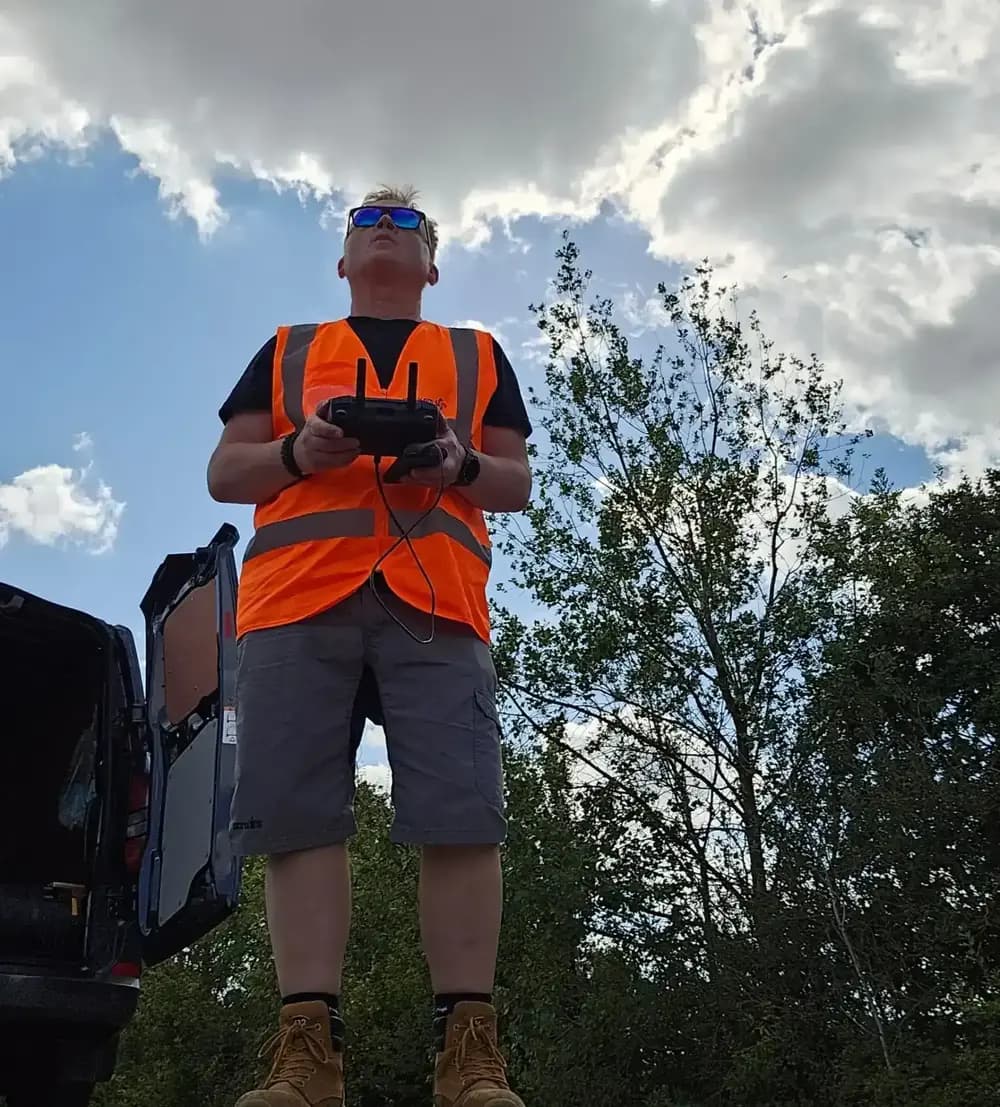
Training Requirements Of The RPC-L2
Obtaining your RPC-L2 certification requires completing a training course that covers both theoretical knowledge and hands-on flight instruction. You'll first need to master the extensive theory component.
This part of your training culminates in an exam specifically focused on Beyond Visual Line of Sight (BVLOS) operational procedures, fully preparing you for advanced flight scenarios. It's a critical step that ensures you understand the complex rules and considerations involved.
After you've passed the theory, you’ll focus on practical training. You’re required to complete a minimum of five hours of flight instruction. This hands-on experience is crucial for developing your real-world piloting skills.
To prepare you for unexpected situations, you can use a CAA-approved flight simulator for up to two of these hours. This valuable simulator time is specifically dedicated to practicing your response to various emergency procedures, making sure you're ready for anything.
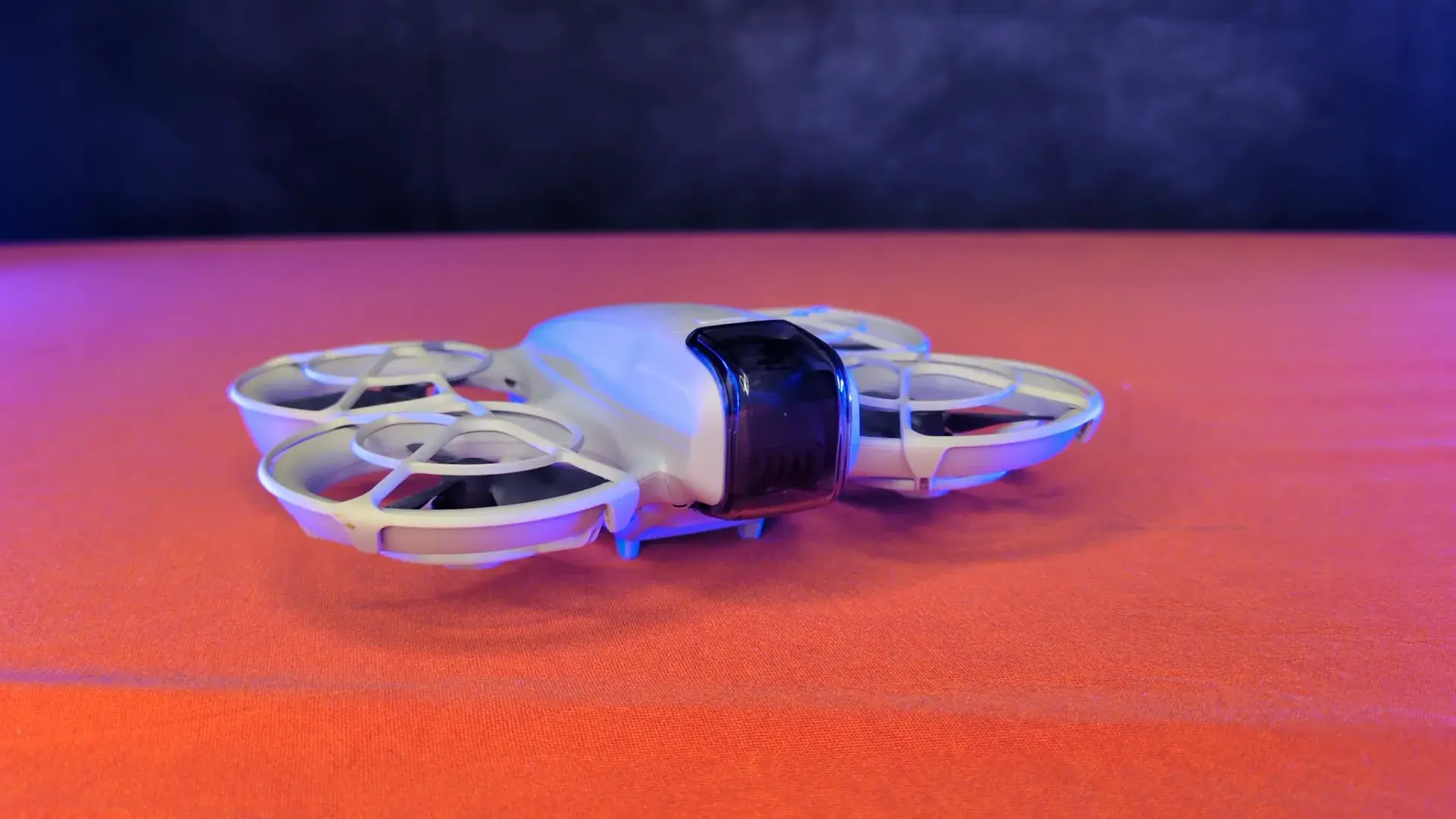
RPC-L2: Intermediate Competence Skills Test
After completing your training, you'll demonstrate your competence in a practical skills test. This assessment involves conducting at least two Beyond Visual Line of Sight (BVLOS) flights under ARC-a conditions, totaling a minimum of 30 minutes of flight time. The test is broken down into four distinct sections to thoroughly evaluate your skills.
You'll start with pre-flight operations, covering everything from flight planning and documentation to drone configuration and inspection. Once airborne, you'll be assessed on in-flight procedures like flight path management and navigation.
The third section focuses on your approach and landing skills, followed by the final section on contingency procedures. Throughout the entire test, an examiner will evaluate your situational awareness, use of checklists, risk management, and your proficiency with both manual and automated control. This comprehensive evaluation ensures you're ready for the challenges of intermediate drone operations.
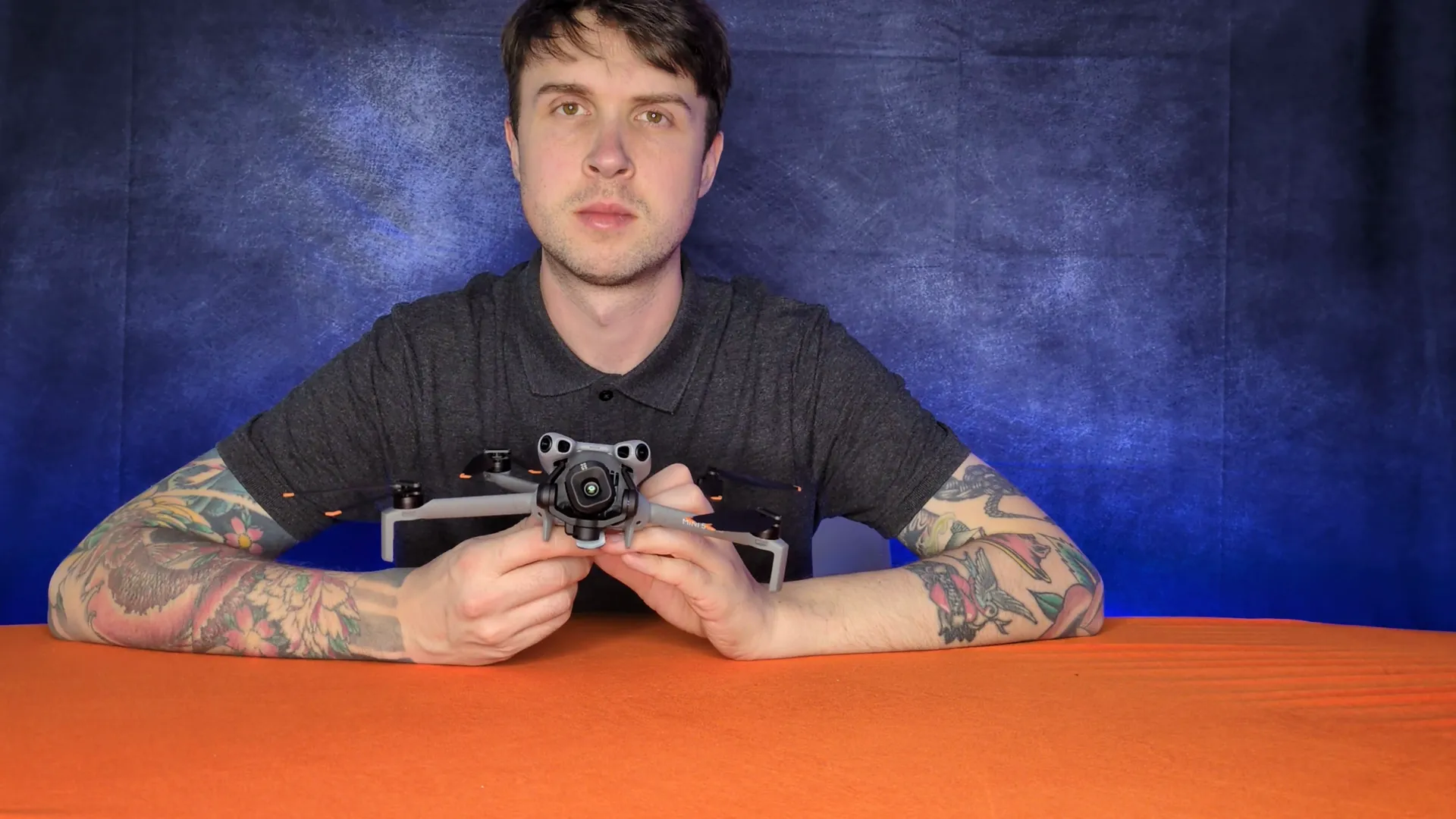
RPC-L2 Validity and Currency
While your RPC-L2 certificate is valid for three years, you must also maintain currency to legally operate. Think of validity as your long-term qualification and currency as your short-term proof of practice.
To stay current, you're required to log at least two hours of live flight time within the preceding 90 days. This continuous practice ensures your skills remain sharp and you're ready for real-world operations. Always keep your personal flight log meticulously updated.
As your three-year certificate nears its expiry, you'll need to revalidate it. Typically, this involves completing a proficiency check at a CAA-approved Recognised Assessment Entity (RAE) within three months of the expiry date.
However, there's an important exemption. If you've maintained continuous currency throughout the entire three-year validity period, you may be excused from the live revalidation check. You'll just need to demonstrate this with your detailed flight log.
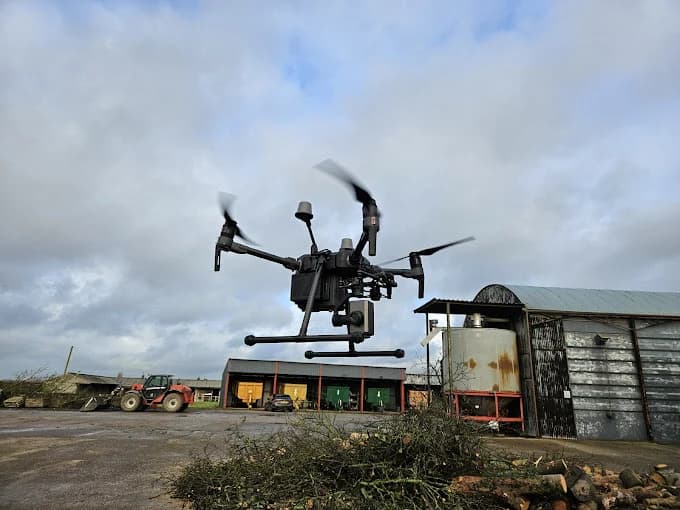
Progression Pathway
Your RPC-L2 licence isn't just an endpoint; it's the stepping stone to more advanced certifications. Think of it as the crucial bridge on your path toward becoming an expert drone pilot. After you've secured your RPC-L2, your sights will likely turn toward the RPC-L3.
To make this leap, you'll need to build substantial real-world experience. The regulations specifically require you to accumulate a minimum of 50 Beyond Visual Line of Sight (BVLOS) flight hours while acting as the drone pilot in command. This hands-on requirement ensures you possess the practical skills necessary for more demanding flights.
Once you earn your RPC-L3, you'll unlock significantly more advanced operational capabilities. You'll be qualified to conduct en-route BVLOS operations up to ARC-c, empowering you to navigate more complex airspace and challenging environments. This clear progression pathway allows you to undertake far more sophisticated and demanding missions over greater distances.
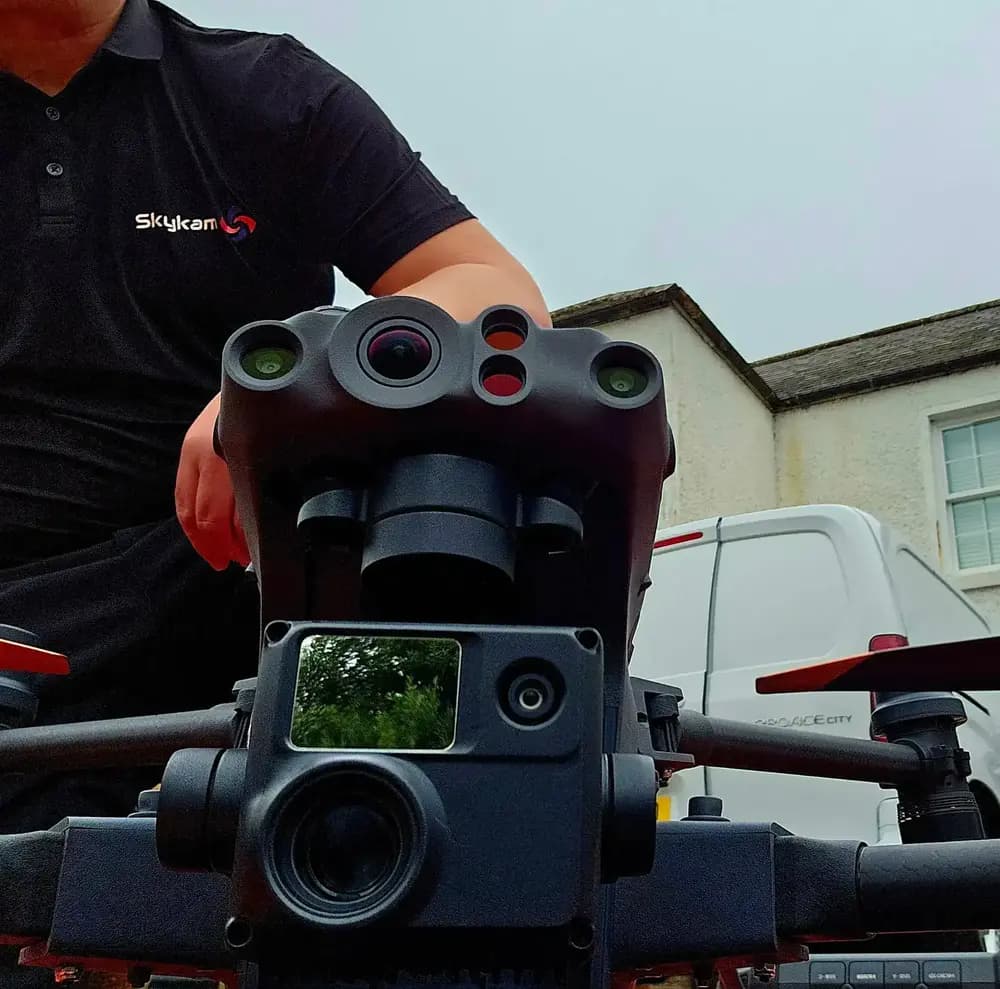
Frequently Asked Questions
How Much Does the RPC-L2 License Cost?
The cost for a license isn't a single, set fee. You'll discover that prices vary significantly because you're not paying a government body directly. Instead, you're paying a private flight school for their required training course and exam.
For this intermediate certification, you should budget between £300 and £800. You'll find it's best to compare different schools, as their fees and course offerings will differ, so it's smart to shop around.
Do I Need Drone Insurance With an RPC-L2 License?
You’re not legally required to carry drone insurance for every flight, but it’s a crucial safeguard. You're protecting yourself from massive liability costs if your drone crashes, damages property, or injures someone.
If you're flying commercially, clients will almost certainly require you to have it before you can operate. Without insurance, you're personally responsible for any accidents, making it a small price for significant financial protection and professional peace of mind.
Can I Use My RPC-L2 License in Other Countries?
Your drone license isn't automatically valid in other countries, as each nation sets its own aviation regulations. Your RPC-L2 license, for example, is issued by the CAA and is only valid for flying within UK airspace.
When you plan to fly abroad, you'll need to research that country's specific drone laws. You may also have to register your drone and obtain a local permit or certificate before you can legally operate it.
What Happens if I Fail the RPC-L2 Skills Test?
If you fail the practical skills test, you won't immediately receive your licence. It's a setback, but you can try again.
Your flight reviewer provides feedback, highlighting the areas where you need more practice. You should focus on improving those specific skills before scheduling your next attempt. Successfully passing a retest is required to get your RPC-L2 certificate, so use the feedback to prepare and ensure you're ready for the next one.
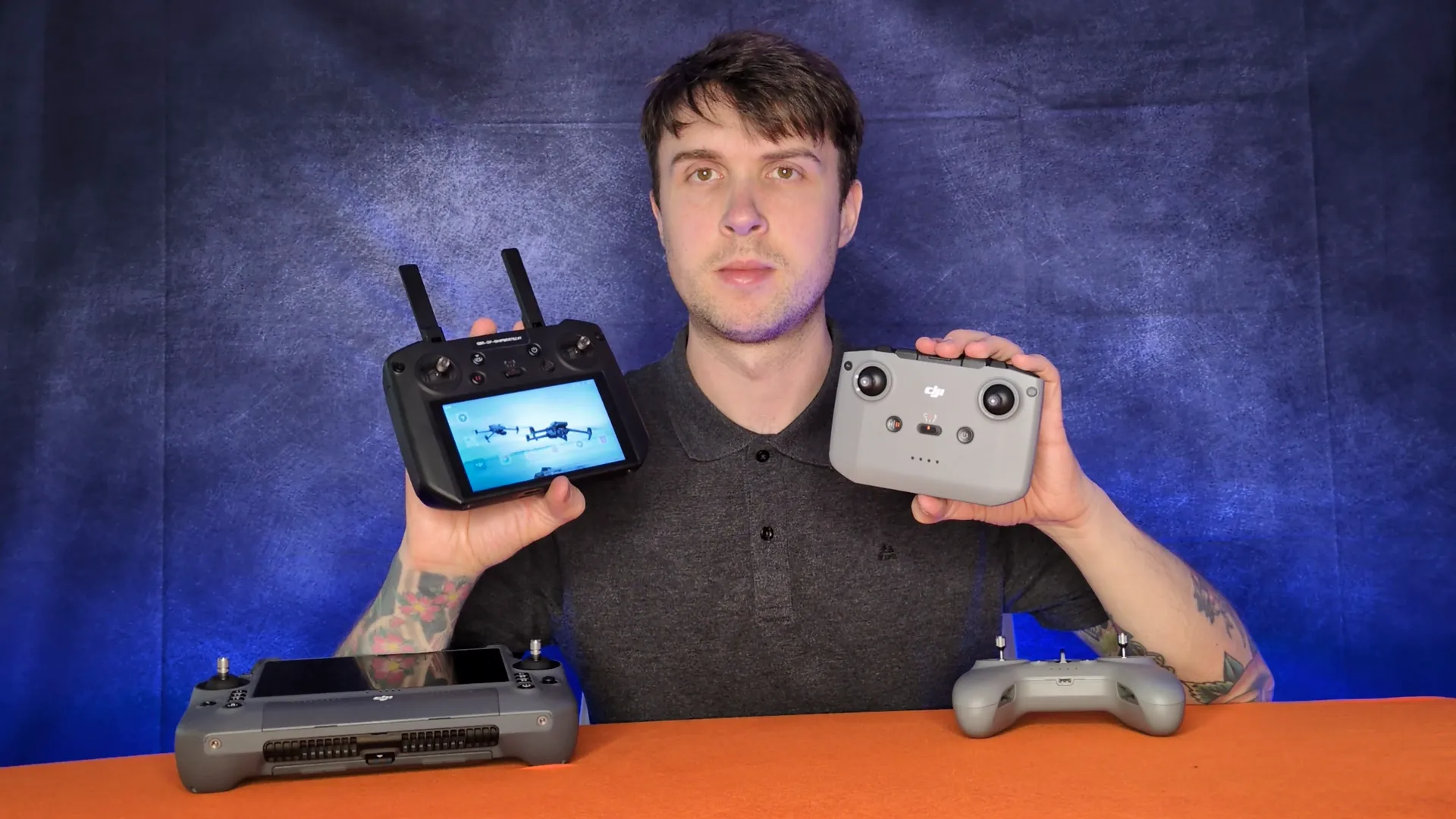
Can My RPC-L2 License Be Revoked or Suspended?
Yes, aviation authorities can revoke or suspend your credentials for rule violations. Your RPC-L2 licence isn't an exception.
The CAA will suspend or revoke it if you operate your drone unsafely, recklessly, or in any way that contravenes UK drone regulations. You'll lose your piloting privileges if you don't adhere to the law, so it’s critical you always fly by the book to keep your licence in good standing.
Need a Certified BVLOS Drone Pilot for Your UK Project?
Earning an RPC-L2 certificate is a rigorous but essential step for any drone pilot wanting to conduct Beyond Visual Line of Sight (BVLOS) operations legally and safely in the UK. For businesses, this creates a significant challenge: finding and verifying drone operators who possess these specific, advanced qualifications.
This is precisely the problem HireDronePilot solves. We are the UK's premier managed marketplace, connecting businesses with verified professional drone pilots for hire. Our network includes professionals with advanced certifications like the RPC-L2, ready to take on complex BVLOS missions. We streamline drone services through competitive bidding, ensuring quality, compliance, and value for every aerial project across the United Kingdom.
Stop searching and start flying. Find the right expertise for your advanced aerial needs by connecting with our network of professional drone pilots for hire. Post your BVLOS project today and receive competitive quotes from the UK's top certified drone operators.
About the Author

Written by
Peter Leslie
Peter Leslie is a CAA-approved commercial drone pilot with 10+ years experience and over 10,000 flight hours. He holds the GVC and A2 CofC drone licences with full CAA Operational Authorisation. Peter is a member of ARPAS-UK, the UK's non-profit trade association for the drone industry. He founded HireDronePilot to connect UK businesses with qualified, insured drone operators.
Looking for More Drone Work?
Join the UK's leading network of professional drone pilots and grow your business.
Open Access
Bid on any job - all jobs open to all pilots
Grow Revenue
Access high-value commercial projects
Stay Busy
Fill your schedule with regular work
Related Articles
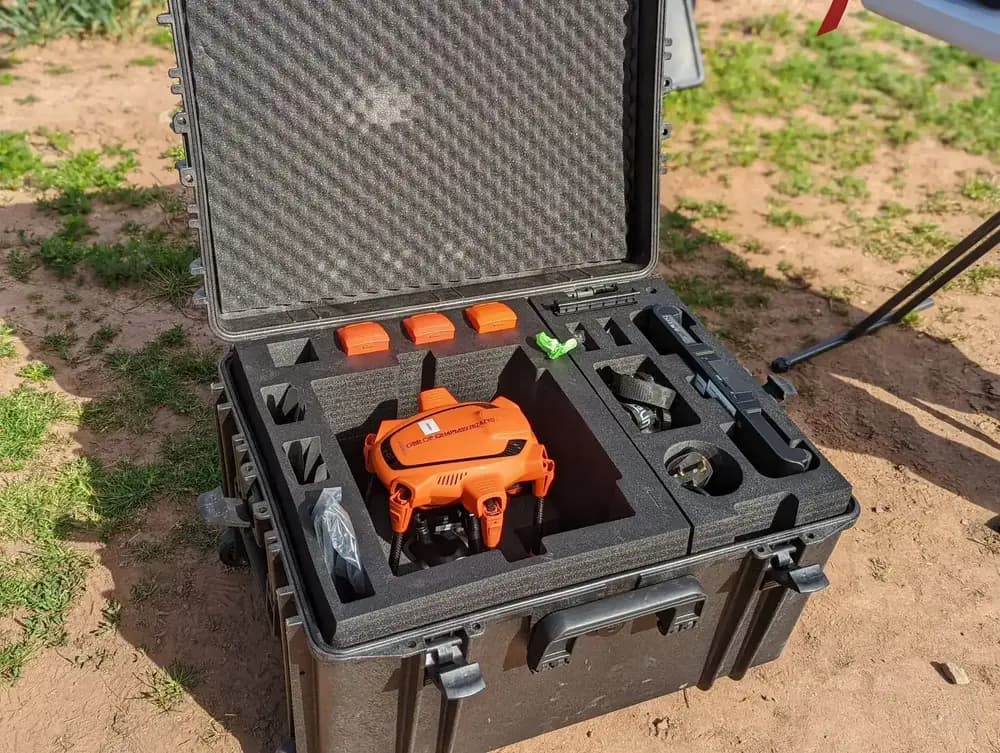
Our Drone Survey Service In Stirling, Scotland
Bringing you Stirling drone survey data from areas no one else can fly.

How Much Does A Drone LiDAR Survey Cost
Forecasting your drone LiDAR survey cost requires understanding what's hidden beyond the initial quote.

Step By Step Process Of Drone LiDAR Survey
Next, discover the crucial post-flight steps that determine your survey's success.
